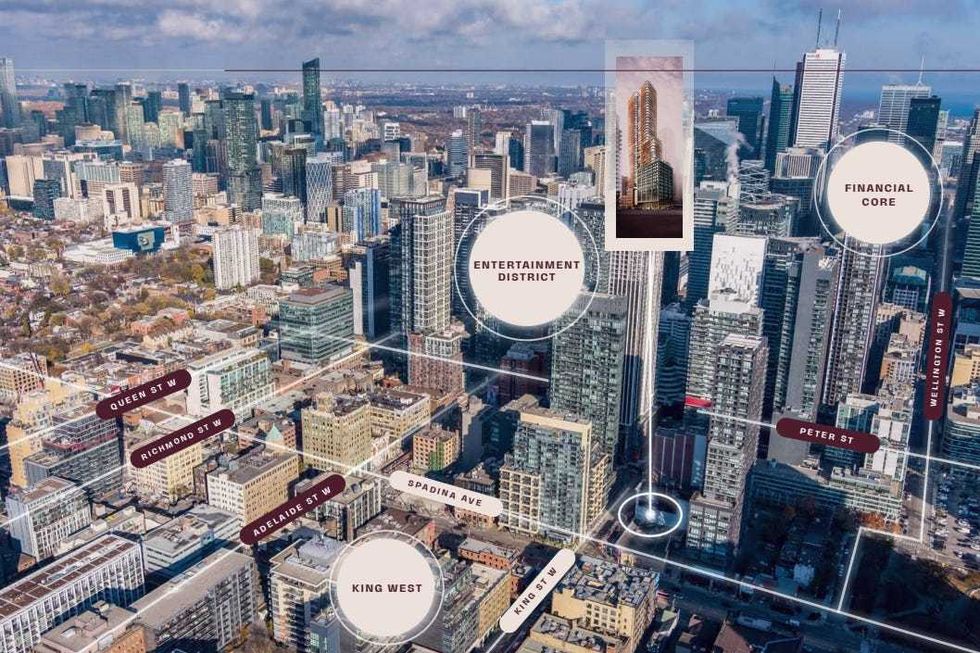Equity Take-Out
Learn what an equity take-out is in Canadian real estate, how it works, and how homeowners use it to borrow against property value for cash.

May 22, 2025
What is an Equity Take-Out?
An equity take-out is a financial strategy in which a homeowner borrows against the built-up equity in their property, often by refinancing or securing a home equity loan.
Why an Equity Take-Out Matters in Real Estate
In Canadian real estate, equity take-outs are used to access cash for renovations, investments, education, or debt consolidation.
Common equity take-out methods include:- Refinancing the mortgage
- Applying for a Home Equity Line of Credit (HELOC)
- Obtaining a second mortgage
Lenders calculate the maximum amount that can be borrowed based on the property's current market value and outstanding mortgage balance. Most institutions allow borrowing up to 80% of the property’s appraised value.
Understanding equity take-outs helps homeowners unlock capital from their property without selling, while managing risks and repayment responsibilities.
Example of an Equity Take-Out in Action
A homeowner with $300,000 in equity refinances their mortgage to take out $75,000 for a major renovation project.
Key Takeaways
- Accesses property equity as cash.
- Used for major purchases or debt repayment.
- Often involves refinancing or HELOCs.
- Subject to appraisal and lender limits.
- Increases overall mortgage balance.
Related Terms
- Home Equity
- Refinance
- HELOC
- Loan-to-Value Ratio (LTV)
- Second Mortgage


 205 Queen Street, Brampton/Hazelview
205 Queen Street, Brampton/Hazelview







 CREA
CREA
 Liam Gill is a lawyer and tech entrepreneur who consults with Torontonians looking to convert under-densified properties. (More Neighbours Toronto)
Liam Gill is a lawyer and tech entrepreneur who consults with Torontonians looking to convert under-densified properties. (More Neighbours Toronto)

 401-415 King Street West. (JLL)
401-415 King Street West. (JLL)
 Eric Lombardi at an event for Build Toronto, which is the first municipal project of Build Canada. Lombardi became chair of Build Toronto in September 2025.
Eric Lombardi at an event for Build Toronto, which is the first municipal project of Build Canada. Lombardi became chair of Build Toronto in September 2025.